Investigators can request up to $10,000 in direct costs to support any partnership development and enhancement activities with community-based organizations, including (but not limited to):
- Facilitation of collaborative engagements (e.g., meetings, seminars, brainstorming sessions, grant-writing) with community-based organizations for HIV grant planning
- Dissemination and utilization of findings from ongoing or completed research that propels novel collaborations with community-based organizations
- Consultation or compensation of representatives from community-based organizations to contribute to and/or collaborate on ongoing or completed HIV research
- Establishment/support of a community partnership committee
Applications proposing primary data collection will not be considered. Salary support for Hopkins-affiliated faculty/staff/postdocs/students should be limited to a maximum of $5,000.
Eligibility
To be eligible, the applicant must be a Hopkins-affiliated HIV early-stage investigator (per NIH requirements) and hold a faculty position at the institution (Research Associate, Assistant or Associate Scientist, Assistant or Associate Research Professor, or Assistant or Associate Professor will be considered). Non-ESI faculty will be considered if they are developing a new relationship or can show how the funds will support an existing partnership in a new direction. Named community-based organizations must also be registered 501(c)(3) non-profit organizations in the United States.
Applications will be accepted and reviewed on a rolling basis while funds are available. To apply, please combine all submission materials into a single PDF and email the application package to Anne Efron (CFAR@jhmi.edu) with the subject line, “Community Partnership Microgrant”.
For questions about eligibility or the process, please contact Anne Efron at CFAR@jhmi.edu.
Application Submission
Applicants should prepare and submit the following materials to CFAR@jhmi.edu:
A (maximum) two-page proposal including the following components:
- Plan describing the background (why the work is relevant), objectives, and activities
- A timeline demonstrating how the planned work can be completed within 1 year, maximum
- A budget with justification explaining how the funds will be spent
- Expected outcome(s) and implications from the proposed work
- An NIH-formatted biosketch (for faculty only)
- Letter(s) of collaboration or support from named community-based organization(s) in the proposal

